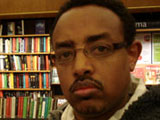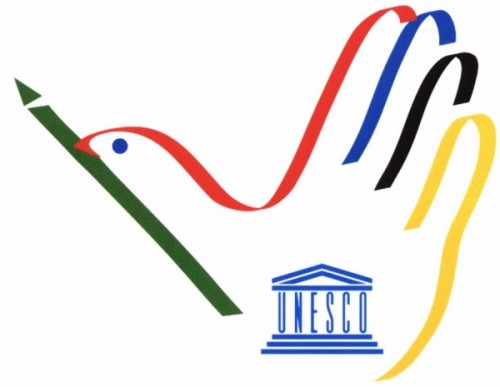Celebrating Press Freedom in Unfreedom
by Mesfin Negash / May 3, 2012 / No comments
Today the world will gather in Tunisia to mark the annual World Press Freedom Day (WPFD). It is imperative to observe this day at the northern tip of Africa where this decade’s wave of popular movement—known as the Arab Spring—was ignited. It’s also the same day that the United Nations’ Educational Scientific and Cultural Organization (UNESCO) endorsed an independent and pluralistic African press in Windhoek, Namibia—on the other end of the continent—in May 1991.

- Why does a country with her own unique alphabet and long history of writing persist to deny citizens the right to freedom of expression in this era of Expression? No other country in Africa may typify this paradox more than Ethiopia. As Leopold Senghor’s famous collection of poems entitled “Ethiopiques” remained ‘powerful and popula’ so does the source of his intriguing title, Ethiopia, in her own ways. In “Ethiopiques,” I share Ethiopian views on pertinent issues related to journalism, culture and, of course, the overarching subject of politics.

- Mesfin Negash is an Ethiopian journalist living in exile in Sweden. He is one of the journalists accused of “terrorism” in 2011 by the Ethiopian government. The co-founder and first editor-in-chief of an acclaimed Ethiopian newspaper, Addis Neger, he is currently the Managing Editor of Addisnegeronline.com. He is a political science student by training and known for his critical commentaries on significant political and social issues.
By a mere historical coincidence, a new government came to power in Ethiopia in May 1991. The hope of a genuine democratic transition was high on the agenda. Soon after the change, a young Ethiopian by the name of Eskinder Nega, who went to the US as a teenager, was packing his bag to return home with the hope of pursuing his passion for freedom and journalism. The following years brought 20 celebrations of WPFD and, only yesterday, the eve of the 21st. In the same time frame Eskinder went through six prison stays and many more harassments, intimidations, and interrogations for his work. What’s worse is that this courageous Ethiopian journalist is celebrating the 2012 WPFD in prison, charged with terrorism, and facing life imprisonment. No other story can better highlight the contrast between the official rhetoric and reality in Ethiopia.
I am sure the government of Ethiopia will also “celebrate” the WPFD by organizing some kind of communist-style public drama. The same people who sentenced three other journalists—Woubshet Taye, Elias Kifle, and Re’eyot Alemu—to 14 years and more behind bars will light a candle; the same people who forced more journalists into exile than almost any other country will have a sermon on freedom of the press; the individuals who justified the arrest of two Swedish journalists investigating human rights abuses by labeling them “accomplices to terrorists” will lecture the world about “genuine media ownership by Africa and the practice of responsible journalism” on national TV. They are only celebrating oppression and unfreedom in the name of freedom.
There is no way the journalist Eskinder Nega and his jailer, Prime Minister Meles Zenawi, can celebrate WPFD in the same spirit. But they are only examples from Ethiopia, a country that may typify the paradox engulfing the majority of African countries. One form of the struggle between those repressing press freedom and those paying dearly to protect and exercise their right is the question of creating, nurturing, and inspiring a solid constituency for freedom of the press in their respective communities. The significance of marking WPFD, at least in the African context, is bringing press freedom to the centre of the public debate in a way that can bring more people to stand against stifling conditions.
Eskinder is jailed only because he was inspired by what happened in Cairo and Tunis. I wish he was there too! The consolation for us is the fact that he is celebrating the WPFD without giving up his formidable spirit. He won’t be in Tunis, but the spirit of Tunis is in him! It is in this spirit that I will join the celebration in Tunisia.





